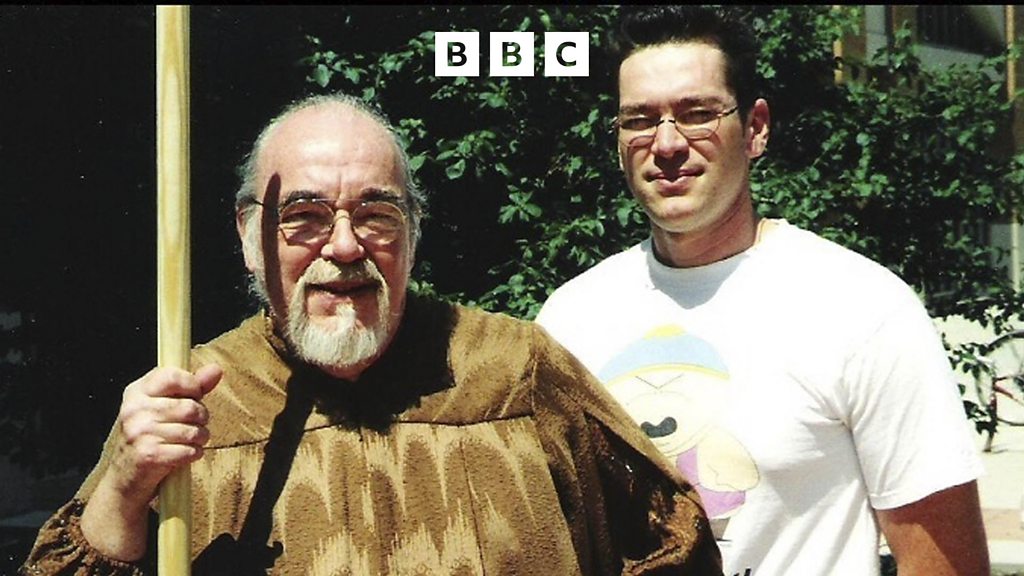overgeeked
Open-World Sandbox
Hey, we agree on something. Woot.Yeah, ideally you can enjoy the game, whether you win or lose. I didn't understand the OP or the conversation to be about enjoyment, as such. I think whatever enjoyment people get from games might as well in most cases be called "fun," though I agree it's not exclusive to games and it's probably not a super-helpful measure outside of one's personal preferences.
I did a thread a few years back about fun and preferences. This thread wasn’t about that topic.
Here’s that thread for anyone who wants to check it out.
D&D 5E (2014) Thread 'What's fun?'
People keep talking about this or that being "fun" or this or that being "not fun." Hopefully we can all recognize that fun is entirely subjective. There's no right or wrong way, either something is fun for you or it isn't and there's no point in arguing about why someone else doesn't have fun in exactly the same way as you.
Some people have fun playing games on easy mode, some people have fun playing Elden Ring. There's all kinds of genres, all kinds of styles of game (board, war, tabletop, video, etc), and there's all kinds of fun to be had. From Civilization on settler to Darkest...
Some people have fun playing games on easy mode, some people have fun playing Elden Ring. There's all kinds of genres, all kinds of styles of game (board, war, tabletop, video, etc), and there's all kinds of fun to be had. From Civilization on settler to Darkest...
- overgeeked
- Replies: 68
- Forum: *Dungeons & Dragons








